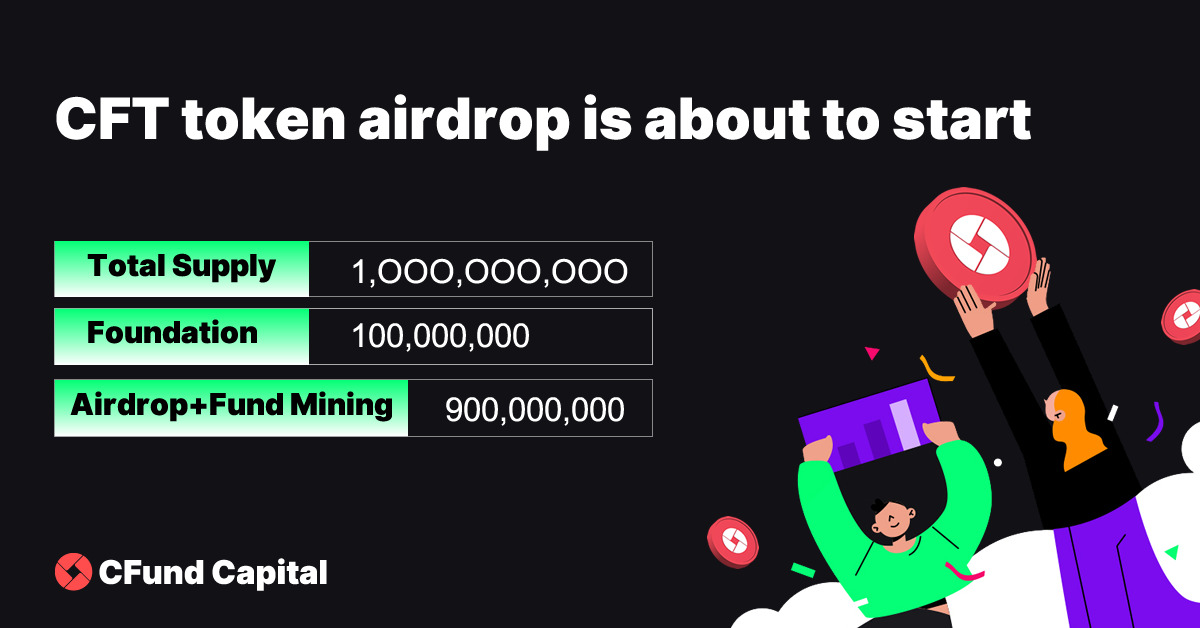How regulatory deficit is hampering Kenya’s fintech space growth

Technology
How regulatory deficit is hampering Kenya’s fintech space growth
Monday 3 April 2023
Financial technology has become a fundamental part of the global fiscal ecosystem. FILE PHOTO | SHUTTER STOCK
Often referred to as fintech, financial technology in modern times has increasingly become a fundamental part of the global financial ecosystem, with Kenya emerging as a world leader in mobile money and home to perhaps the world’s best-known example of fintech-based solutions – M-Pesa .
The share of the country’s adult population with an account in the dominant mobile money platform, data shows, is well over 60 percent, underscoring the remarkable achievement the Safaricom-owned business has achieved over the years.
But there is only one success story in a sector where several other players complain about weak expansion and growth rates, partly as a result of delayed regulatory development.
Read: Fintech regulations are necessary to promote growth, confidence in the industry
Apart from mobile money transfer platforms, other emerging fintech components in the country in recent years have included digital lenders, payment service providers and implementers of cryptocurrency technology.
The rapid emergence of new technologies and the growth of new fintech models has proven a difficult nut to crack for regulators whose ability to respond to change in time has often been crippled.
In its wealth expectations report for this year, Standard Chartered Bank pointed to regulatory shortcomings as one of the main drawbacks for people investing in digital assets, with a full 33 percent of respondents less likely to make digital investments this year citing shortcomings. of enough regulations.
Data privacy and security concerns, fraud, harmful manipulation of consumer behavior, the sudden collapse of a number of fintech institutions and borrower distress resulting from irresponsible digital microcredit lending practices are some of the illustrations of system-wide risks that analysts have flagged for demand. updated supervisory policy framework.
“The risks arise primarily from the underlying technology that enables fintech, but also from new business models, product features and provider types. This raises two questions: Do we need regulations in this emerging fintech ecosystem? How can the financial sector keep pace with current fintech regulations and prepare for the future as technology evolves?” asks fintech firm Pesapal Legal and Compliance Manager Barkley Odhiambo.
“Analysis of the global financial system has shown time and again that government regulations are not only necessary – they often provide great value to consumers and businesses alike. Beyond protecting consumers, as technology changes business and fintech enters the market, regulations can help with managing processes and paving the way for fair competition,” he adds.
Crypto exchange firm Yellow Card Chief Compliance Officer Mandy Naidoo says the fintech space, particularly cryptocurrencies, has not achieved a 100 percent guarantee of security and requires tailored regulations to add to the industry’s safeguards.
“The original idea for crypto trading was aimed at achieving global economic freedom and inclusion. As a trade and savings scheme, crypto investments like any other business must be effectively regulated to cushion the industry from unpredictable shocks,” says Naidoo.
In Kenya, countless attempts to impose regulations on the self-styled liberal digital asset industry have been met with little progress, watering down safety nets and giving users limited recourse in case funds are lost.
However, the country’s policymakers are beginning to make small strides in that regard, with the Central Bank of Kenya (CBK) last year starting the implementation of strict consumer protection rules introduced by the Digital Credit Providers Regulations (2021).
The laws, which empower the CBK to revoke the licenses of offenders, are tailored to prevent mobile loan lenders from harassing defaulters with intrusive phone calls to friends, colleagues and family in the name-and-shame tactic intended to recover money.
Read: How fintech has increased financial inclusion in Kenya
They also require lenders to disclose the total cost of their loans, including interest, late payment and overdraft fees, before disbursing credit to customers.
In a sector report published by digital lender Tala last month, CBK licensing has proven to be a game changer in the industry, with customers reportedly paying significant attention to the certification when choosing a digital lender.
“CBK licensing is slowly gaining ground as a factor when consumers choose digital lenders,” the report said.
With the licensing, players say the nod has been central to shaking off perceptions that had seen most, if not all, digital lenders characterized as rogue.
→ [email protected]

























